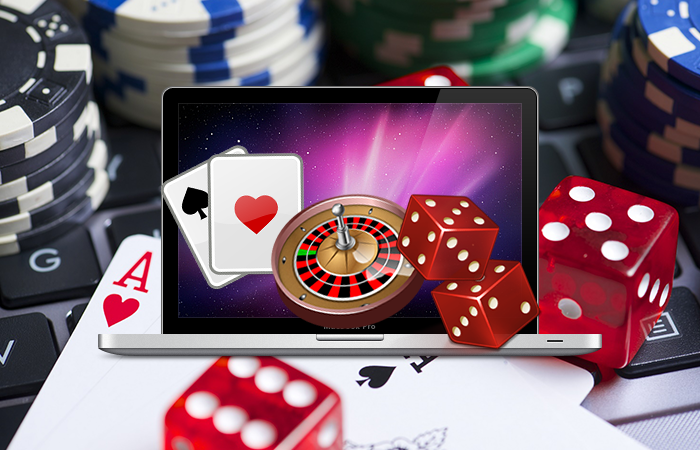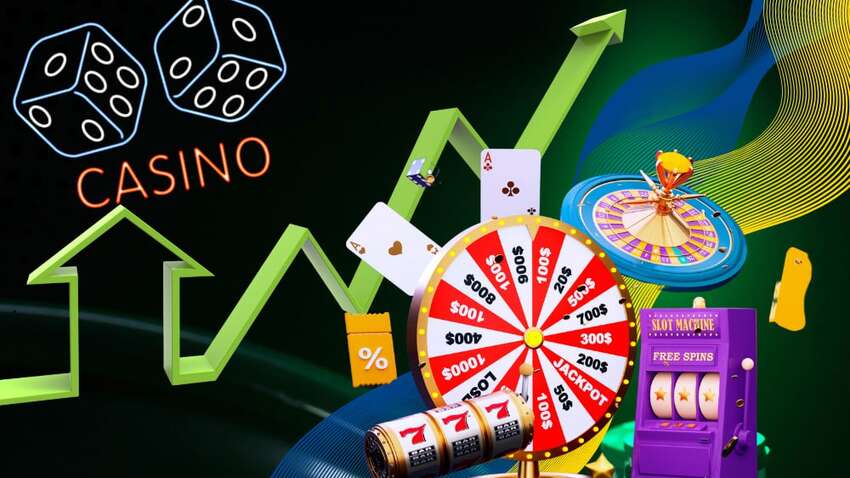
Decentralized Gambling Platforms Explained
In recent years, the gambling industry has undergone significant transformations, driven largely by technology and the rise of blockchain innovation. One of the most groundbreaking developments in this sector is the emergence of Decentralized Gambling Platforms Explained krikya com. These platforms promise to alter the way we perceive online betting, introducing transparency, security, and fairness into a previously opaque world. This article aims to provide an in-depth understanding of decentralized gambling platforms, how they operate, and their potential impact on the gambling industry.
What Are Decentralized Gambling Platforms?
Decentralized gambling platforms are online betting sites built on blockchain technology, which allows them to operate without a central authority. Unlike traditional online casinos and sportsbooks, which are often controlled by a single entity, decentralized platforms distribute control among their users through smart contracts. This decentralization ensures that all transactions and outcomes are recorded on a public ledger, providing an unprecedented level of transparency and security.
How Do They Work?
At the core of decentralized gambling platforms is blockchain technology. Here’s a simple breakdown of how they function:
- Smart Contracts: These are self-executing contracts with the terms of the agreement directly written into code. In the context of gambling, smart contracts manage everything from betting to payouts without the need for intermediaries.
- Provably Fair Algorithms: Most decentralized gambling platforms utilize algorithms that ensure the fairness of each game or bet. Players can verify the outcomes themselves, which builds trust in the system.
- Cryptocurrency Transactions: Transactions on these platforms are typically conducted in cryptocurrencies, allowing for faster deposits and withdrawals while also offering anonymity to users.
Benefits of Decentralized Gambling Platforms

Decentralized gambling platforms offer several advantages over traditional gambling sites:
- Transparency: All transactions and game outcomes are recorded on the blockchain, allowing players to verify the integrity of the platform.
- Security: Blockchain technology provides an immutable record of all transactions, reducing the risk of fraud and hacking.
- Anonymity: Users can place bets without needing to provide personal information, protecting their privacy.
- Lower Fees: With no middlemen involved, decentralized platforms often have lower operational costs, allowing for better odds and lower house edges.
- Global Accessibility: Decentralized platforms can be accessed from anywhere in the world, provided users have an internet connection and a digital wallet.
Challenges Faced by Decentralized Gambling Platforms
Despite their numerous benefits, decentralized gambling platforms also face significant challenges:
- Regulatory Uncertainty: The legal landscape surrounding online gambling is complex and varies significantly from one jurisdiction to another. Some countries may ban or restrict the use of decentralized platforms.
- User Experience: Many decentralized platforms are still in their early stages and may lack the user-friendly interfaces popular in traditional gambling sites.
- Market Adoption: Convincing traditional bettors to transition to a decentralized system can be a hurdle, particularly among those who are less familiar with cryptocurrencies and blockchain technology.
Future of Decentralized Gambling Platforms
The future of decentralized gambling platforms is promising, as they continue to evolve and address the challenges they face. Here are some potential developments we might see in the coming years:
- Interoperability: As blockchain technology matures, we may witness improved interoperability between different platforms, allowing users to switch between various games and services seamlessly.
- Enhanced User Interfaces: Developers are likely to focus on creating more intuitive and visually appealing platforms to attract a broader audience.
- Increased Regulation: Governments may develop clearer regulations surrounding decentralized gambling, providing frameworks that promote responsible gambling while safeguarding users’ rights.
- Integration with Other Technologies: The convergence of virtual reality, augmented reality, and blockchain could create immersive and interactive gambling experiences.
Conclusion
Decentralized gambling platforms represent a significant shift in the way we approach online betting. By leveraging blockchain technology, they offer transparency, security, and fairness, addressing some of the most pressing issues within the traditional gambling industry. While challenges remain—including regulatory hurdles and user adoption—the potential benefits of these platforms could revolutionize the gambling landscape. As technology continues to advance and the sector matures, it will be fascinating to see how decentralized gambling platforms evolve and shape the future of online betting.



